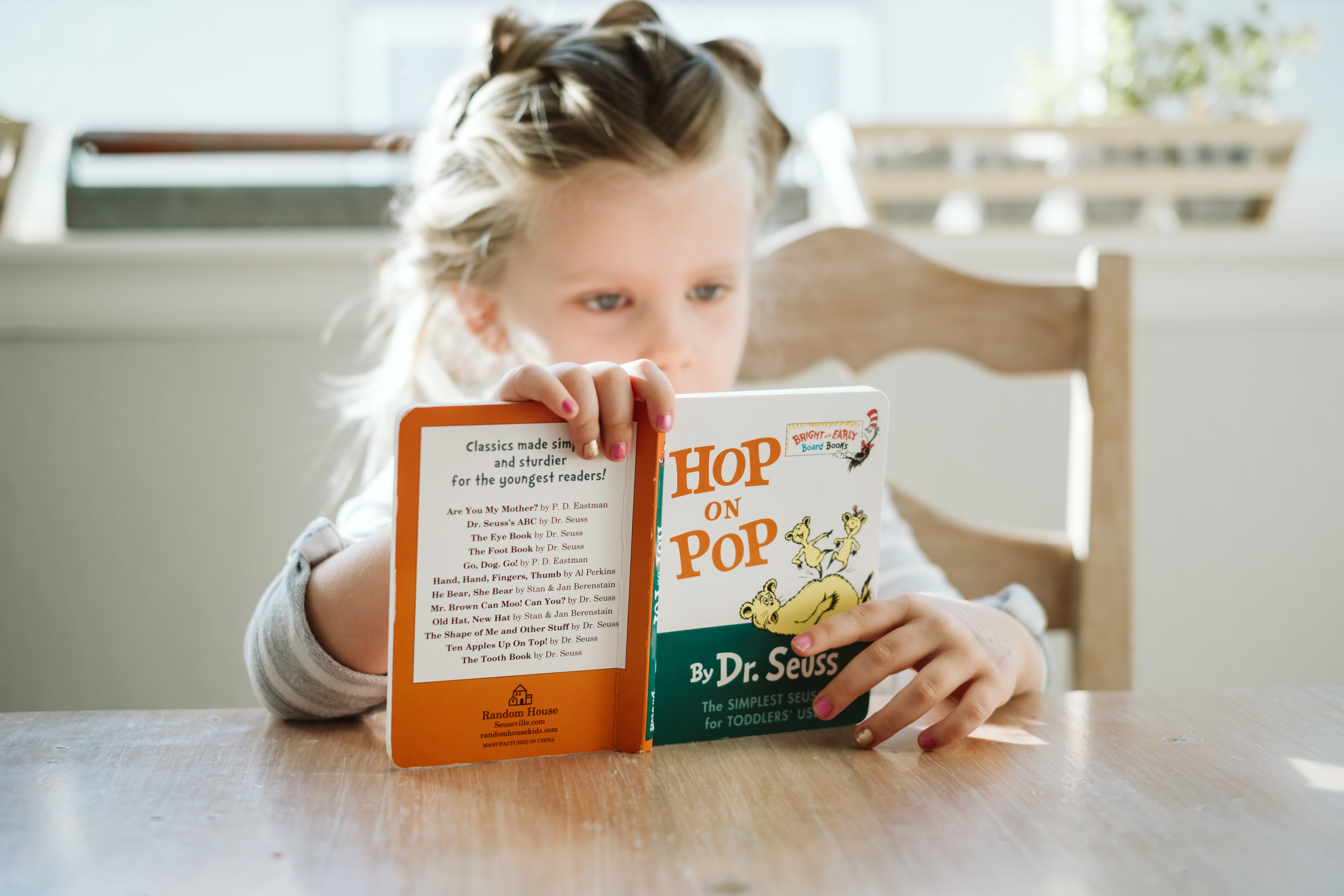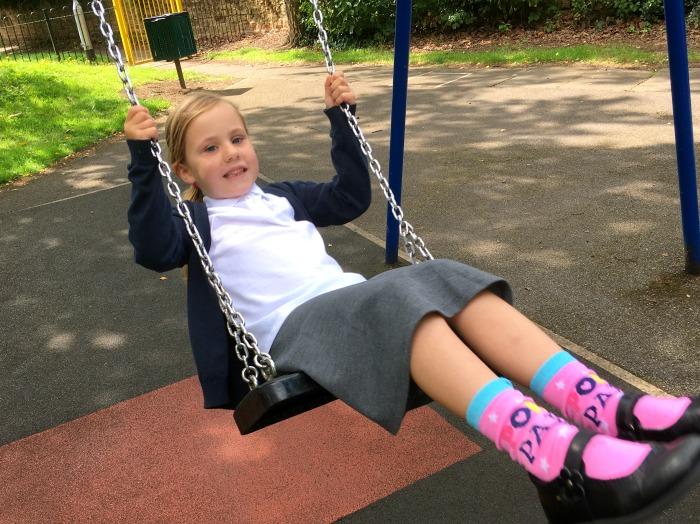Here’s How EYFS Tracking and Guides Can Help Homeschooling Parents
Early Years learning covers the education of children from birth to the age of five.
It’s a crucial stage of development that thousands of UK parents believe they can accomplish successfully through homeschooling.
Children in this age group develop so rapidly it can sometimes be difficult for the untrained educator to appreciate exactly what their infants should be able to do.
However, help is at hand through essential tracking and observation guides from the Early Years Foundation Stage (EYFS).
Tracking Vital Milestones
Parents need to be know if their babies and toddlers have reached an appropriate stage of development for their age.
For instance, babies aged three months should be able to track objects with their eyes.
Toddlers aged two years should be able to jump with both feet raised at the same time. Activities such as kicking a ball show your child is developing the gross motor skills that ensure balance and muscle control.
Without them, infants won’t be able to successfully develop fine motor skills such as writing and constructing objects from toy building bricks.
When homeschooling during the early years, an authorised checklist provides you with a valuable framework to supervise your child’s entire development.

Importance of Observation
Professional Early Years teachers use methods such as observation to assess a child’s individual rate of progress.
As a homeschooler, you should regularly observe and record your child’s activities, reactions and behaviour.
It helps identify the stages where your child is developing normally and the areas that might be causing difficulty.
For example, signs of dyslexia, such as misreading letters of the alphabet or an inability to carry out instructions, can become noticeable around the age of four.
An early diagnosis can significantly improve a child’s future education.
Why Use EYFS Assessment and Planning?
The EYFS has benefited from the advice and guidance of experts in all aspects of child development.
Through tracking and assessment, the EYFS can determine the progress your homeschooled child has achieved.
It’s a vital resource for parents committed to homeschooling. Help with educational planning can broaden your own horizons regarding your child’s interests and development.
For instance, the EYFS recommends what types of daily activities you should share with your child at each stage of their development.
These could include visiting a farm, starting a garden or making greetings cards to celebrate a birthday.
Conclusion
When you homeschool during the early years, it’s enormously beneficial to have as much expert guidance as possible.
Authorised checklists and assessments help you improve your own success as an educator in addition to monitoring your child’s development.
By using the EYFS Assessment, Observation and Planning Guide, you can ensure your child has reached important milestones at the right time.
It can help parents who are anxious to join in with early years homeschooling to provide their children with the best start in life.
Discover more from Zena's Suitcase
Subscribe to get the latest posts sent to your email.




